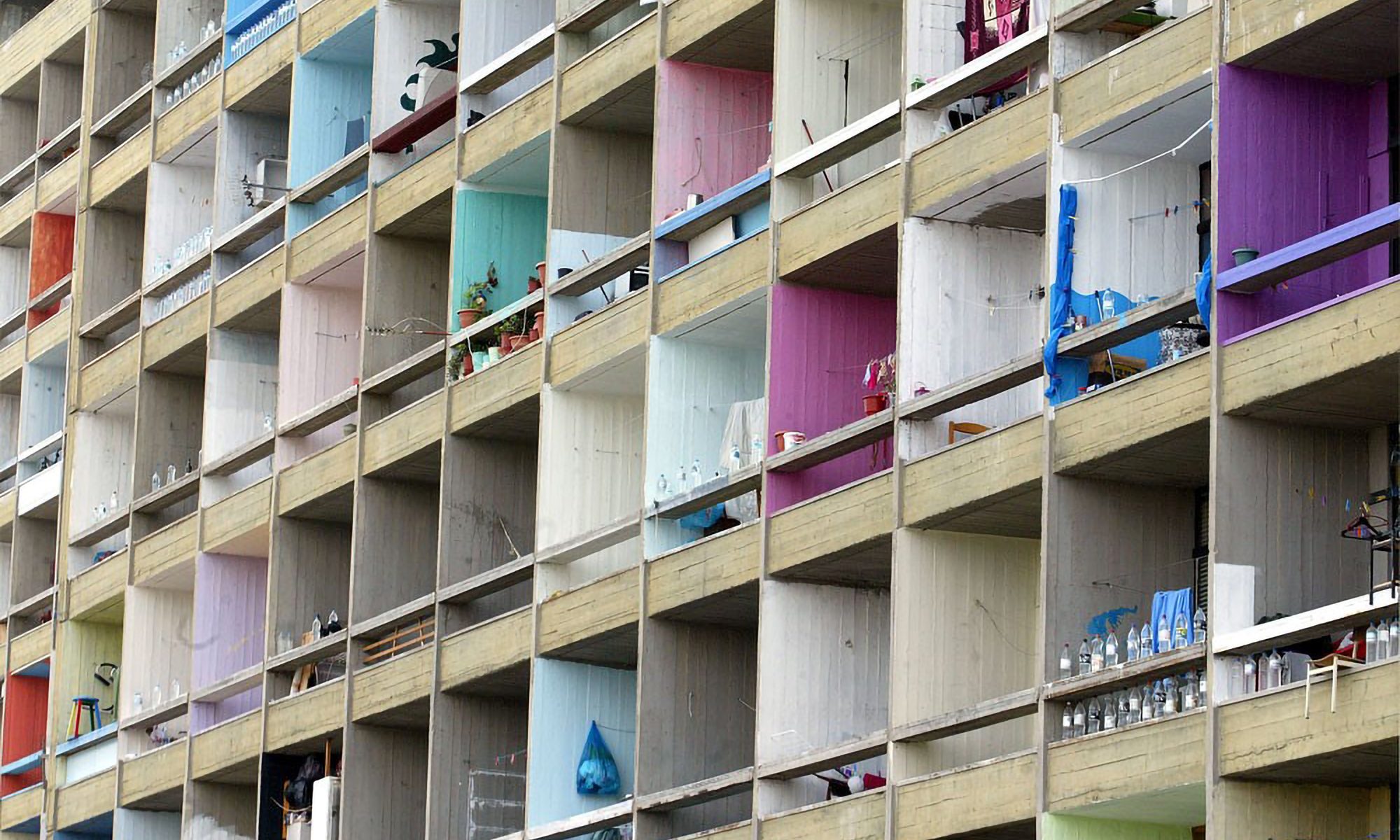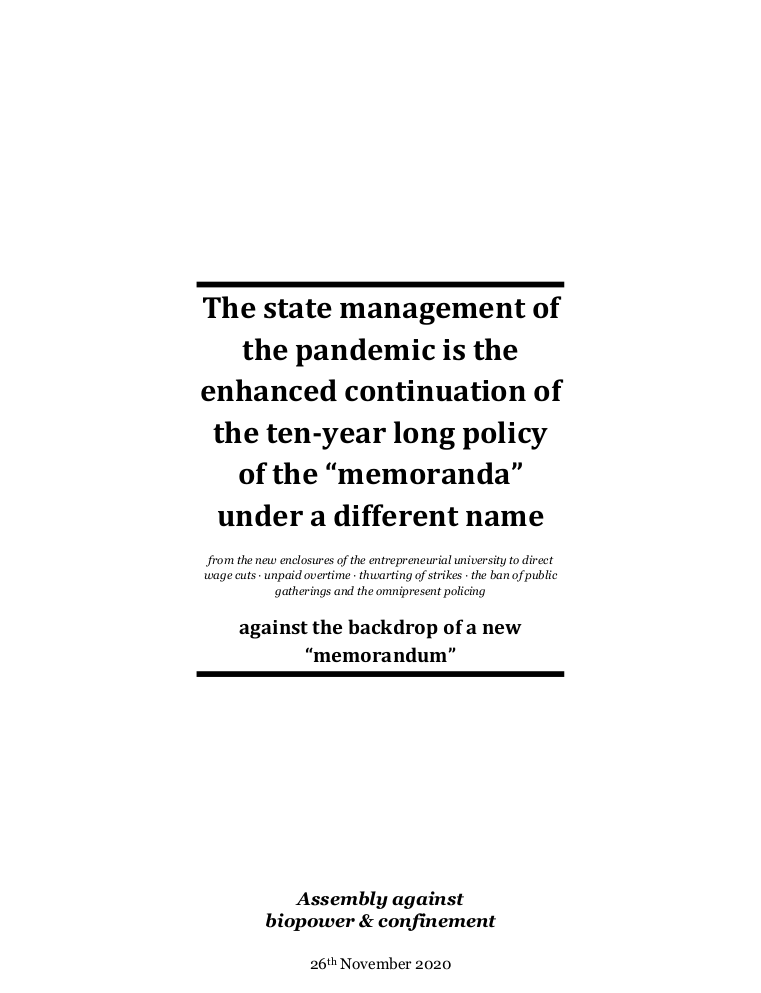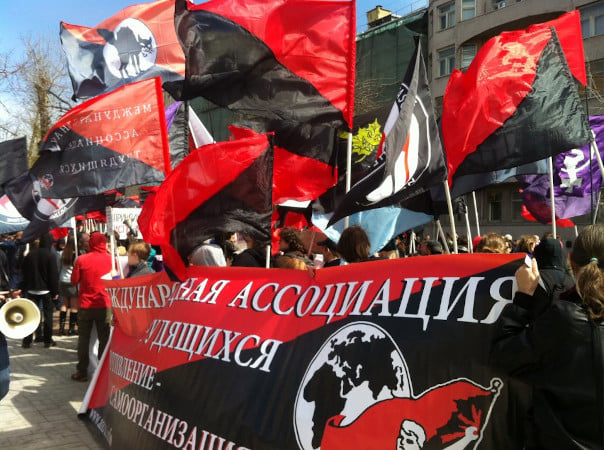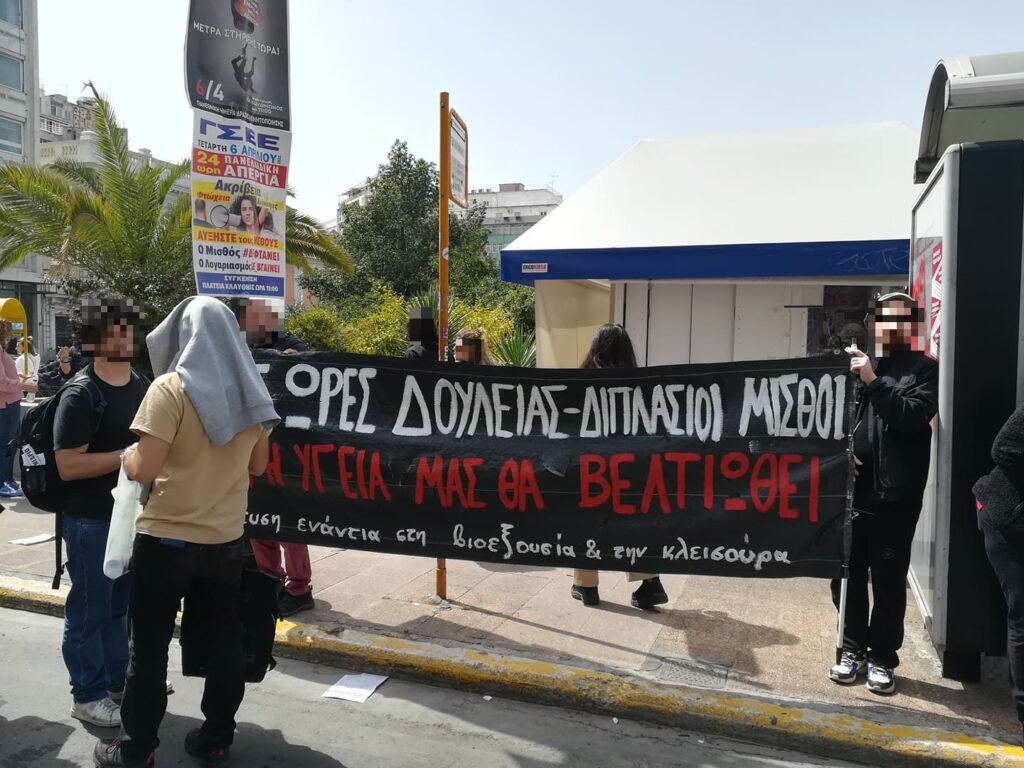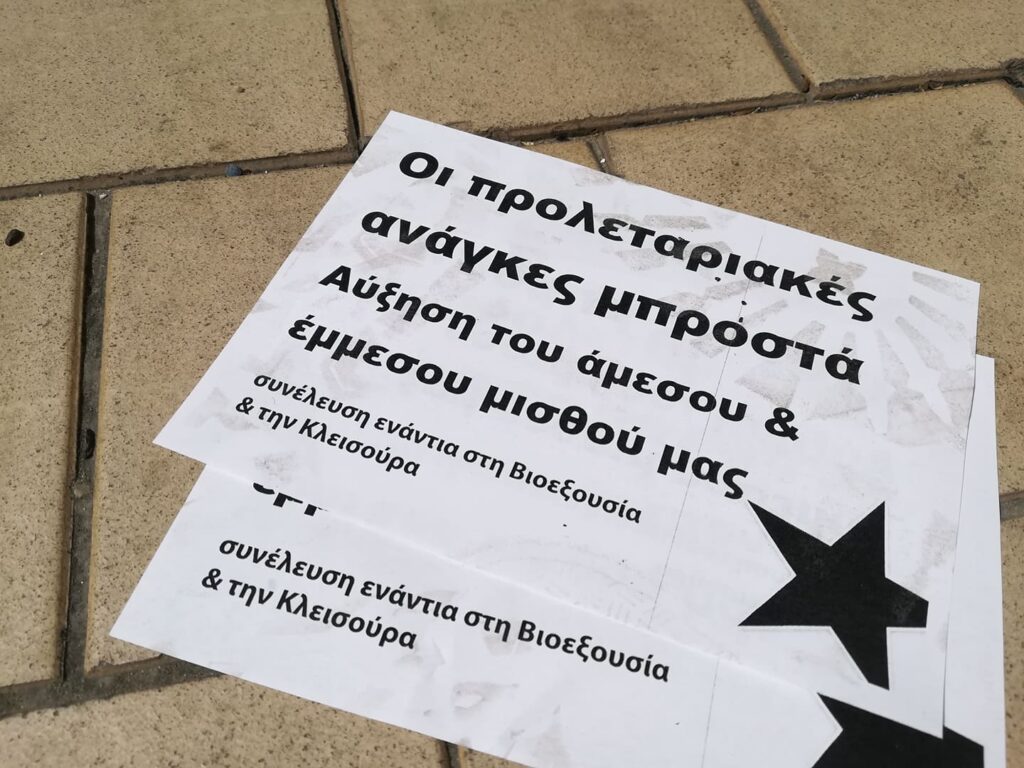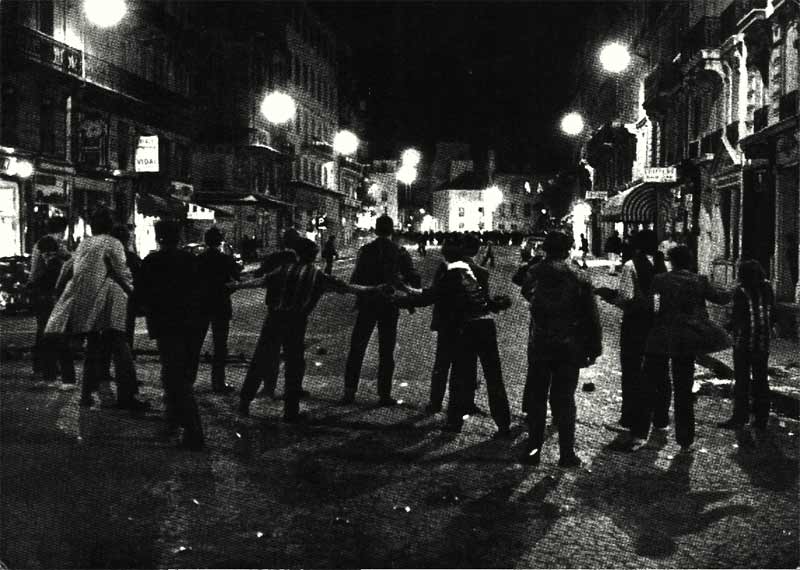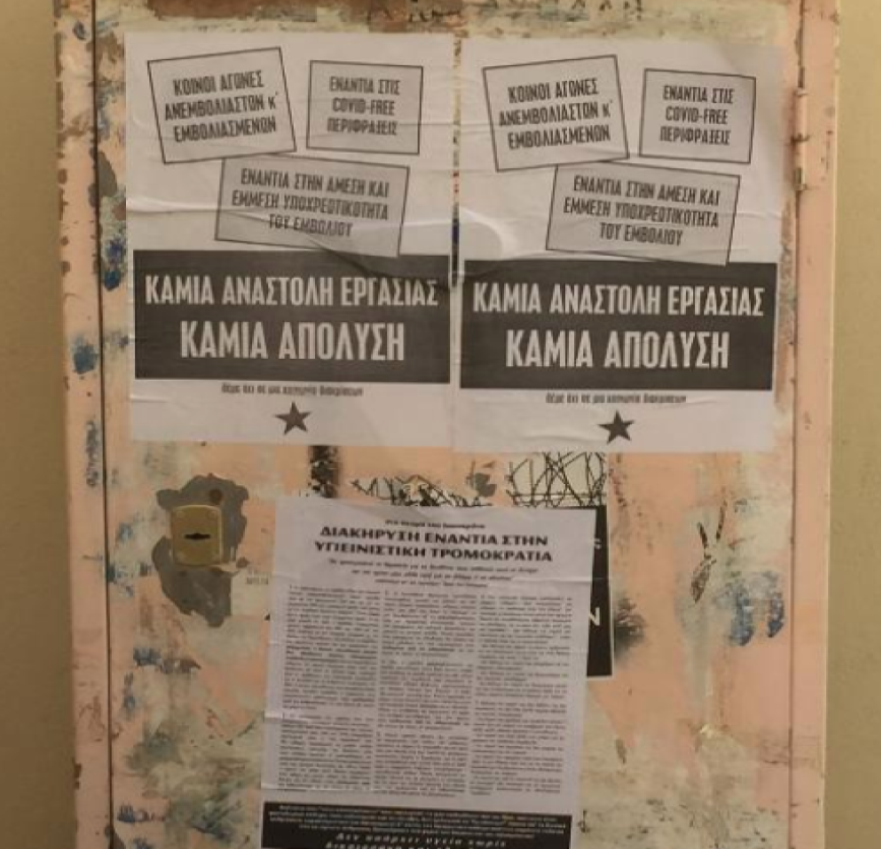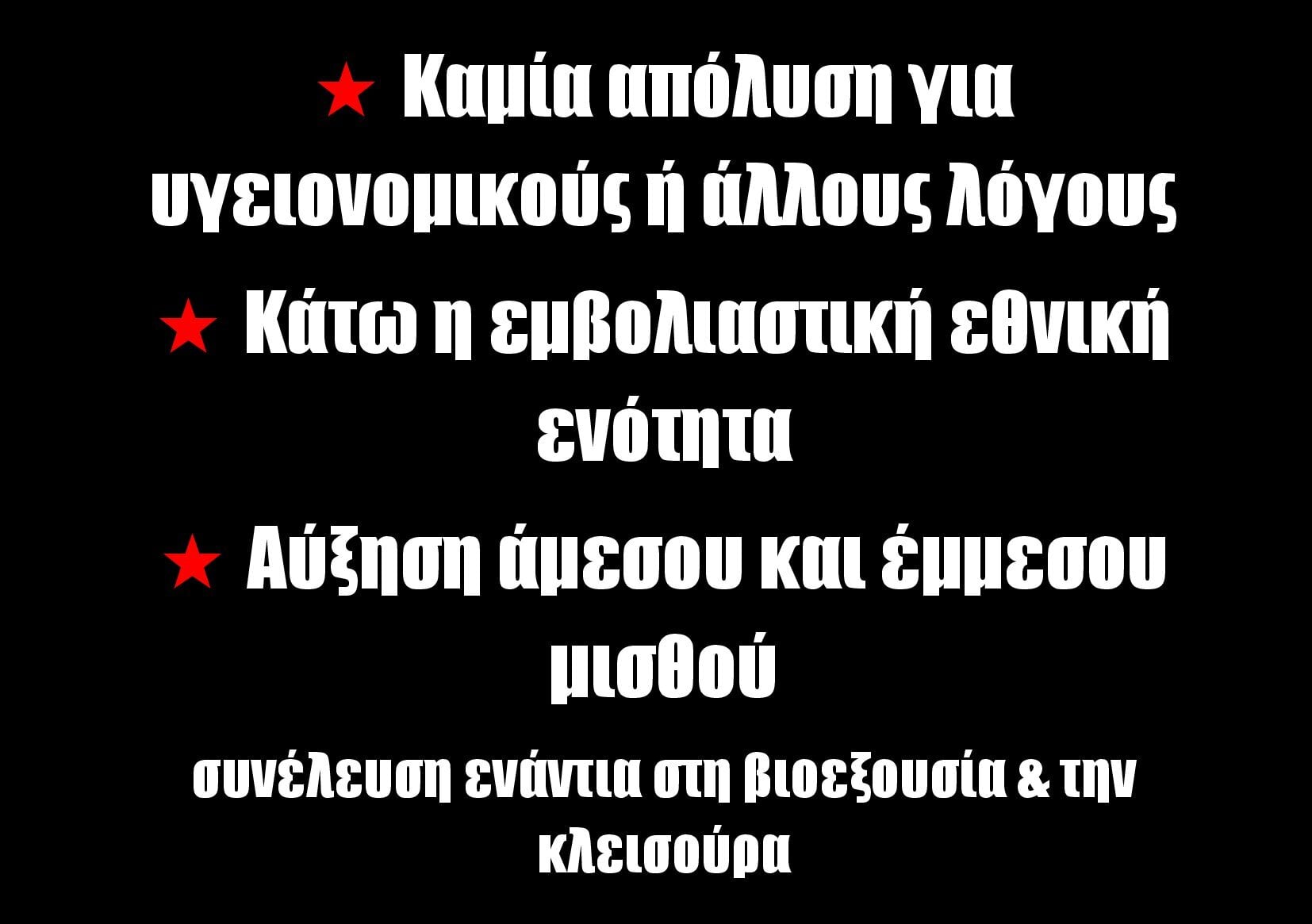This is the translation of a brochure of ours, originally written in Greek in November 2020. You can find the current translation in pdf form, here.
“We face many challenges simultaneously, but I want to express my absolute satisfaction with the way our Parliamentary Group is working. It is very important that in no case should the Government’s reform plan be halted due to Covid“
K. Mitsotakis. Prime Minister, 3 November 2020 on twitter.
– Europe is saying a very simple thing: “Spend according to your means, not all of what you have. What we are spending right now, is future taxes.
Question: In other words, is it estimated that if we deviate now, a new Memorandum —in the long run, of course— is not ruled out, meaning new fiscal adjustments?
– And it will not be in the long run because markets react strongly when they see that there is no responsible fiscal management.
T. Skylakakis. deputy Finance Minister, 21 September 2020 on the radio station “alpha 98.9fm”
The new lockdown is an aspect of an already rather miserable and suffocating reality. The much-advertised return to “normality” —capitalist normality, that is— has been interrupted again in the name of protecting the most valuable commodity for capital, our value-producing labour power, under the weight of the daily increase of covid-19 hospitalisations and after years of methodical dismantling of the public health infrastructure.
The government, after succeeding in partially consolidating the practice and ideology of “individual responsibility” and “responsible stay-at-home-ism” last spring —an ideology that even a large part of the left and the anarchist/anti-authoritarian milieu had rushed to embrace— is returning to this tactical manoeuvre to divert the debate that had already begun around the central objective of the state management of the pandemic: to shift the largest possible part of the financial costs of dealing with it onto our backs.
With one important difference, though. The current use of the confinement biopolitics is accompanied by an escalation of disciplinary measures (e.g. doubling of fines and the introduction of a curfew after 9pm). Also, an escalation of repressive violence. This is exemplified by the simultaneous evacuations of the historical Polytechnic school in the Athenian city centre (which illegal immigrants had been squatting and the “milieu” had been using for its assemblies/public events) and the students’ occupation of the Rector’s Office of the National Technical University of Athens. And by the savage attacks on demonstrators on November 17th by thousands of cops, riot police and anti-terrorist squads. This repressive violence was launched because it is now difficult to portray the state’s choice of a lockdown policy as a supposedly impartial treatment of a “public health” issue, decided in a political vacuum and regardless of the, mostly spasmodic but nevertheless existing, responses against the hygienic tightening of social discipline.
